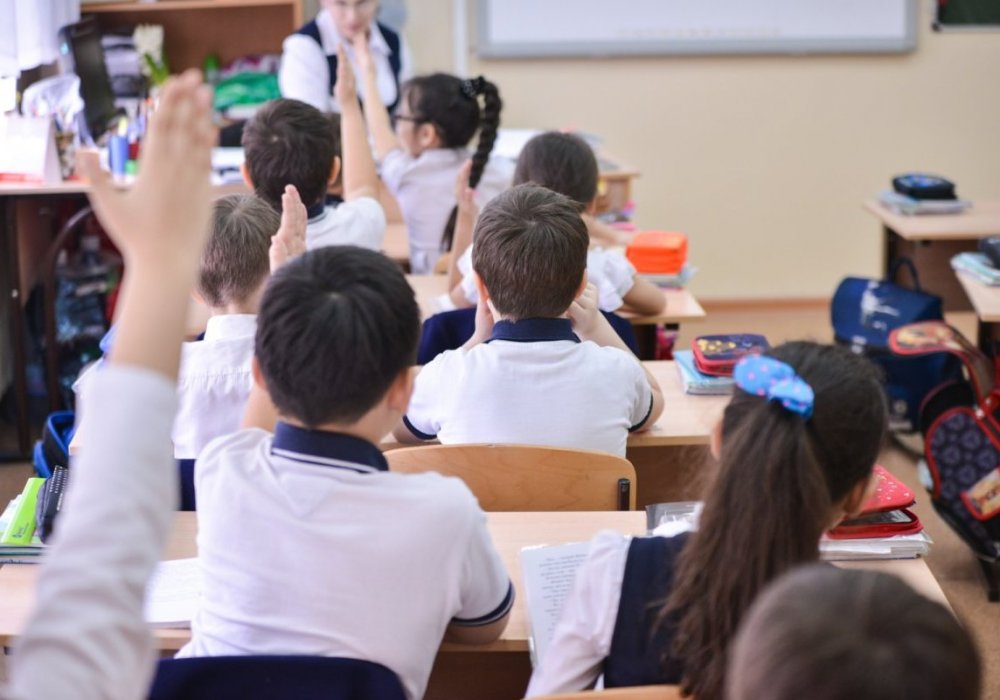
Around 13 million pupils in OECD countries have failed to attain a sufficient level of proficiency in either reading, maths or science by the time they reach 15, AFP reports citing a new study released by the think-tank on Wednesday.





Around 13 million pupils in OECD countries have failed to attain a sufficient level of proficiency in either reading, maths or science by the time they reach 15, AFP reports citing a new study released by the think-tank on Wednesday.
The figure equates to more than one in four of 15-year-olds in the 64 countries and economies that took part in the 2012 PISA study, the Paris-based organisation's comparative study of education worldwide.
In some countries, 50 percent of students were falling behind in at least one of the key subjects.
The OECD says fighting poor performance at school will bring more to the countries than it will cost them to introduce the special measures needed to combat the problem.
And the wealth of a country need not be the main factor.
"It is education policy and practice that can help students clear this bar, not just per capita income," the report says.
The danger to countries' future economic health cannot be underestimated -- students who perform poorly aged 15 face a high risk of dropping out of school and when a high proportion of the population does not have basic skills, "long-term economic growth is severely compromised".
Between 2003 and 2012, the OECD analysed nine countries that did not manage to reduce the number of pupils failing to achieve the basic level in maths -- Brazil, Germany, Italy, Mexico, Poland, Portugal, Russia, Tunisia and Turkey.
It found that all of the countries could improve pupils' performance, providing they take the necessary steps.
The OECD's first recommendation is that countries must prioritise reducing the number of low-performing students, using a "multi-pronged" approach.
For example, remedial support must be provided as early as possible in a struggling child's school career.
There is also an onus on governments to identify low-performing schools and attribute greater funding as quickly as possible.
And in a recommendation aimed at countries taking in high numbers of migrants, the OECD says special programmes must be offered for immigrant and minority-language students.
Germany, which last year took in more than a million people fleeing war and poverty, recently brought in a specially-tailored programme of language learning for immigrant pupils.
But the report also says that without the support of parents, pupils will fail to consolidate their progress.
It cited progress made in Japan, where school reforms "encourage parents and community members to assume some responsibility for managing schools and providing individualised instruction to students during lessons when necessary".
As a result, in 2012, pupils reported a stronger sense of belonging, lower rates of tardiness and better attitudes towards school compared with a decade earlier.


 +7 (777) 001 44 99
+7 (777) 001 44 99















































